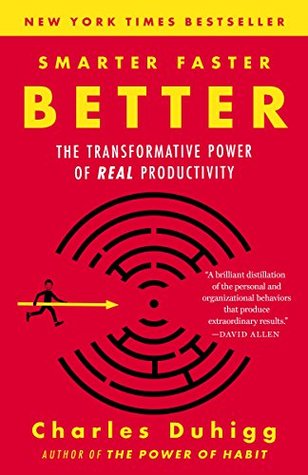In contrast, students who had been praised for their hard work—who were encouraged to frame the experience in terms of self-determination—went to the hard puzzles. They worked longer and scored better. They later said they had a great time.
This begs the question: how much of this particular response is in eight to the psyche of the child and how much is it derived from being raised in an environment in which productivity is seen as one of the highest virtues? Would this apply in a culture where productivity–based mind sets do not exist or at least have a smaller role in childhood development and greater social environment?
Also, why do we not take into account possible negative side effects from drawing self value from what we are able to produce, rather than who we are as people? It would seem to me that tying these two together, for they do not necessarily require connection, would result in some possibly bad to catastrophic results.


